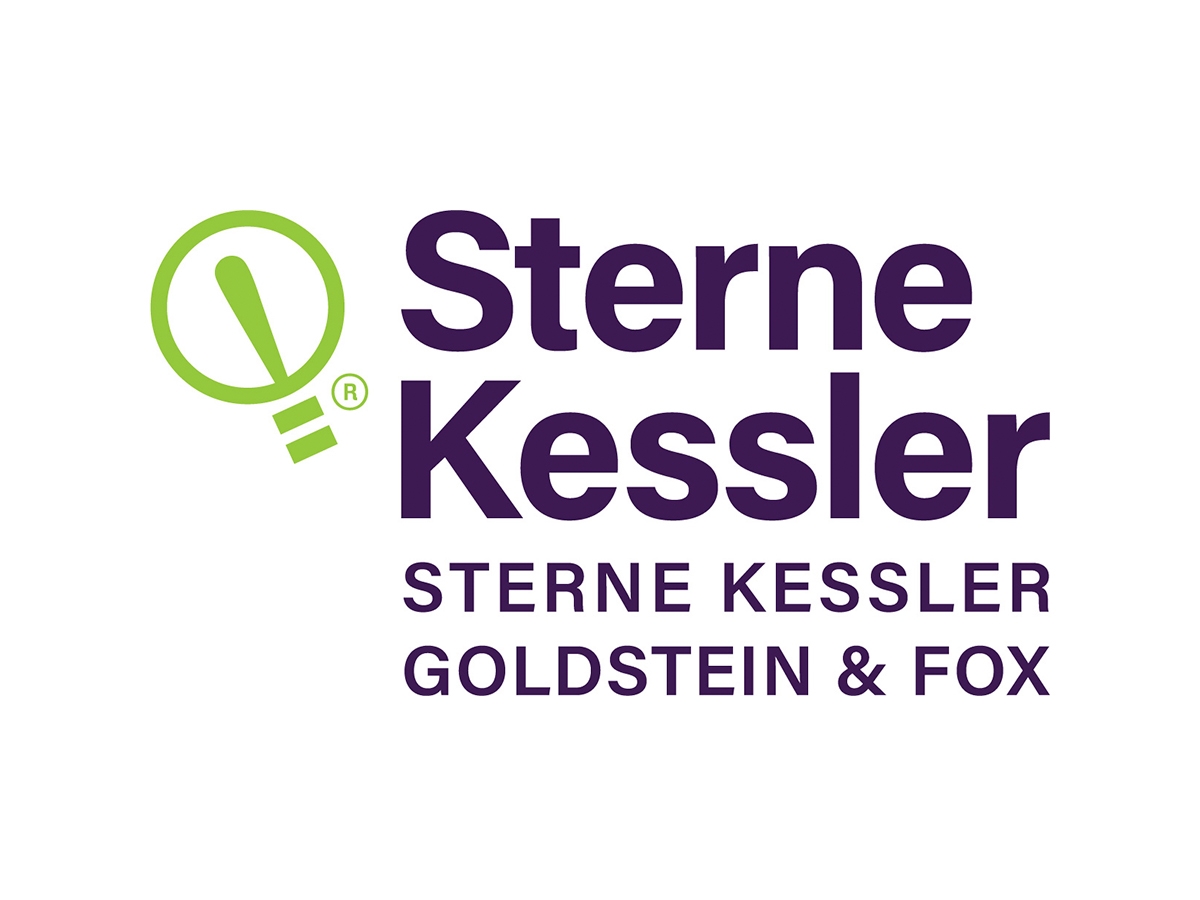The Sky Isn’t Falling Post-Chevron
“Chevron deference may be gone, but authority and expertise remain…. [However], the Delaware Superior Court [is launching] a full frontal assault on another legal precedent designed to strengthen the role of sound science in our judicial system – the Daubert Standard.”
In the ongoing debate over healthcare misinformation and disinformation, one question supersedes all others: “Who owns science?” Who should the American people trust and how can we best communicate “just the facts” so the public can make the best healthcare decisions? And it’s important to remember that this debate isn’t just about vaccine denial.
Solid, fact-based healthcare literacy must drive our national decision-making process on a whole host of issues, ranging from healthy aging to the dangers of smoking, the value of diet and exercise, the safety and effectiveness of Food and Drug Administration (FDA)-approved products, and the scientific rigor with which the FDA undertakes its regulatory responsibilities. After all, if you can’t trust the messenger, it’s difficult to trust the message.
Post-Chevron, Standards Have Been Strengthened
The Supreme Court’s recent decision to erase Chevron deference has been viewed by some as a body blow to Big Government. But the administrative state isn’t dead — it’s just going to have to work harder. Chevron deference may be gone, but authority and expertise remain. The SCOTUS ruling must usher in an era of predictable and precision regulation. Chevron created an era of big, lazy and vague government. Those days are over. As my father taught me — there’s nothing wrong with working harder for what you want. In this case, the FDA will have to work harder and smarter to protect and advance America’s health.
In a post-Chevron world, and with a solid science-based foundation, healthcare messages, clearly communicated by leading experts, will help to rebuild trust and result in better healthcare outcomes driven by more thoughtful and considered actions.
A Looming Threat
Take away message? Standards count. Sadly, that straightforward premise is already being threatened by another court – the Delaware Superior Court, with a full frontal assault on another legal precedent designed to strengthen the role of sound science in our judicial system – the Daubert Standard.
Established in 1993, the Daubert Standard provides a systematic framework for a trial court judge to assess the reliability and relevance of expert witness testimony before it is presented to a jury. This standard transformed the landscape of expert testimony by placing the responsibility on trial judges to act as “gatekeepers” of scientific evidence, Daubert introduced a more comprehensive approach that requires judges to scrutinize not only the expert’s methodology but also the underlying scientific principles. This shift aimed to curtail the admission of pseudoscientific or unreliable expert testimony. Judges are required to assess the methodology and reasoning behind an expert’s opinions, rather than simply relying on the expert’s credentials or reputation.
Who could object to such scientific objectivity? Not surprisingly, the tort bar – and they’ve found a friend. Just this past June, Judge Vivian Medinilla, a Delaware Superior Court judge, ruled in favor of allowing more than 73,000 lawsuits alleging that Zantac causes cancer to move forward, rejecting arguments by former manufacturers that the expert testimony linking Zantac to cancer was not based on sound scientific methods.
The Superior Court’s ruling is inconsistent with how the Daubert Standard has been applied previously in Delaware and federal courts. In December 2022, a federal court judge in Florida ruled that plaintiffs’ experts in the same Zantac litigation had failed to offer sufficiently credible evidence that Zantac’s key ingredient, ranitidine, causes cancer and that plaintiffs’ experts could not present their causation testimony to jurors.
If the Superior Court ruling is upheld, it could quickly lead to Delaware becoming one of the country’s go-to destinations for mass-tort litigation using junk science—especially given the number of companies that are incorporated in the state and subject to general jurisdiction in Delaware. Another unfortunate weapon in the armamentarium of misinformation and disinformation.
As John Adams reminds us, “Facts are pesky things.”
Image Source: Deposit Photos
Author: kchungtw
Image ID: 130677098
Peter J. Pitts
Peter Pitts is President of the Center for Medicine in the Public Interest and a Visiting Professor at the University of Paris School of Medicine. A former member of the […see more]







